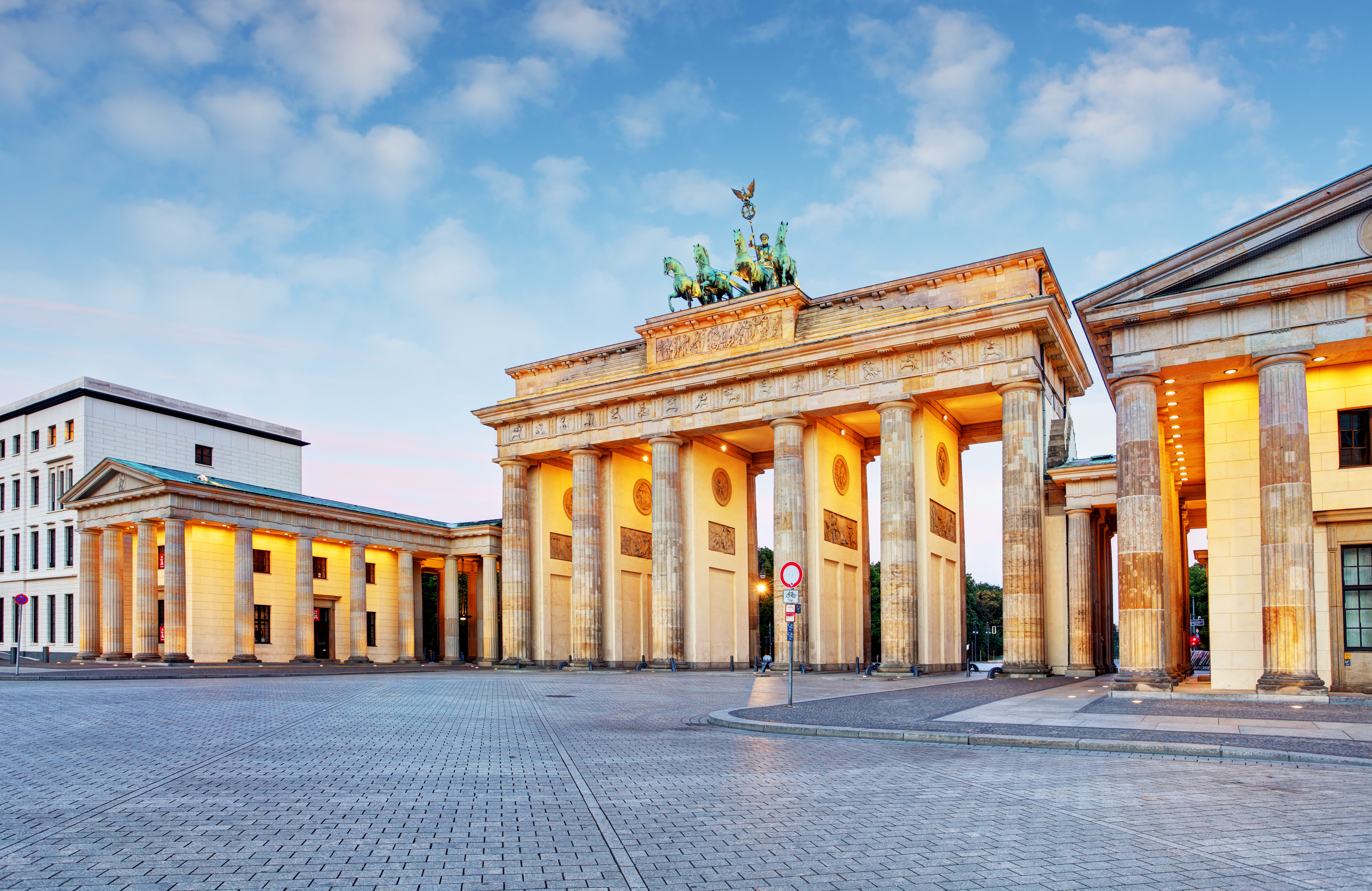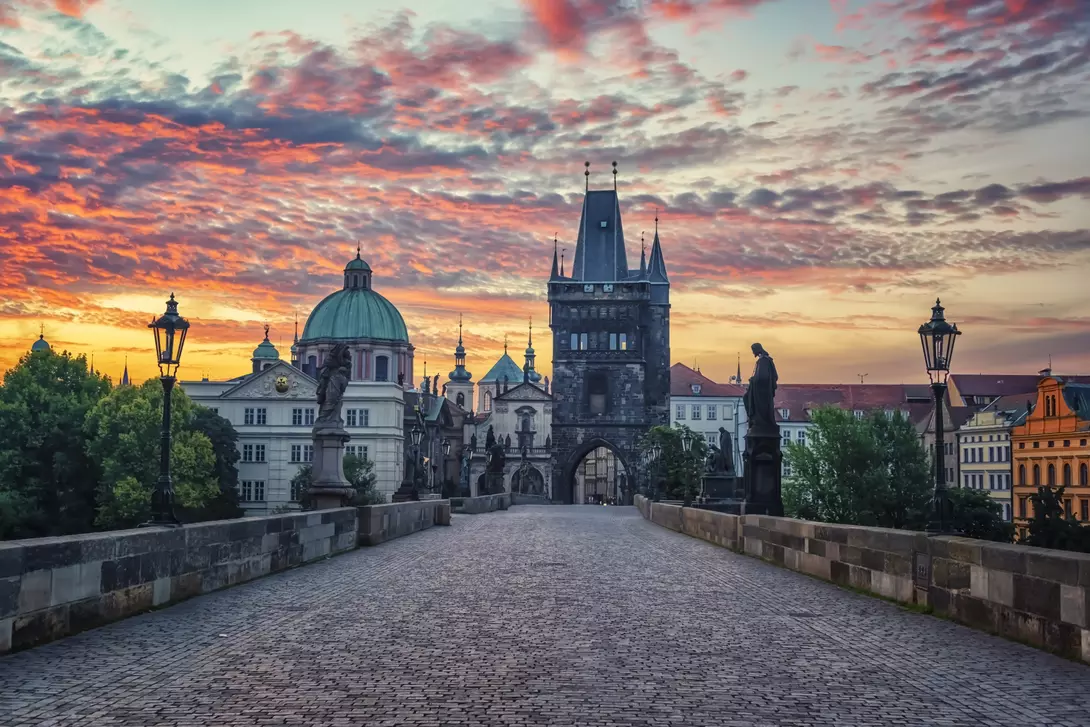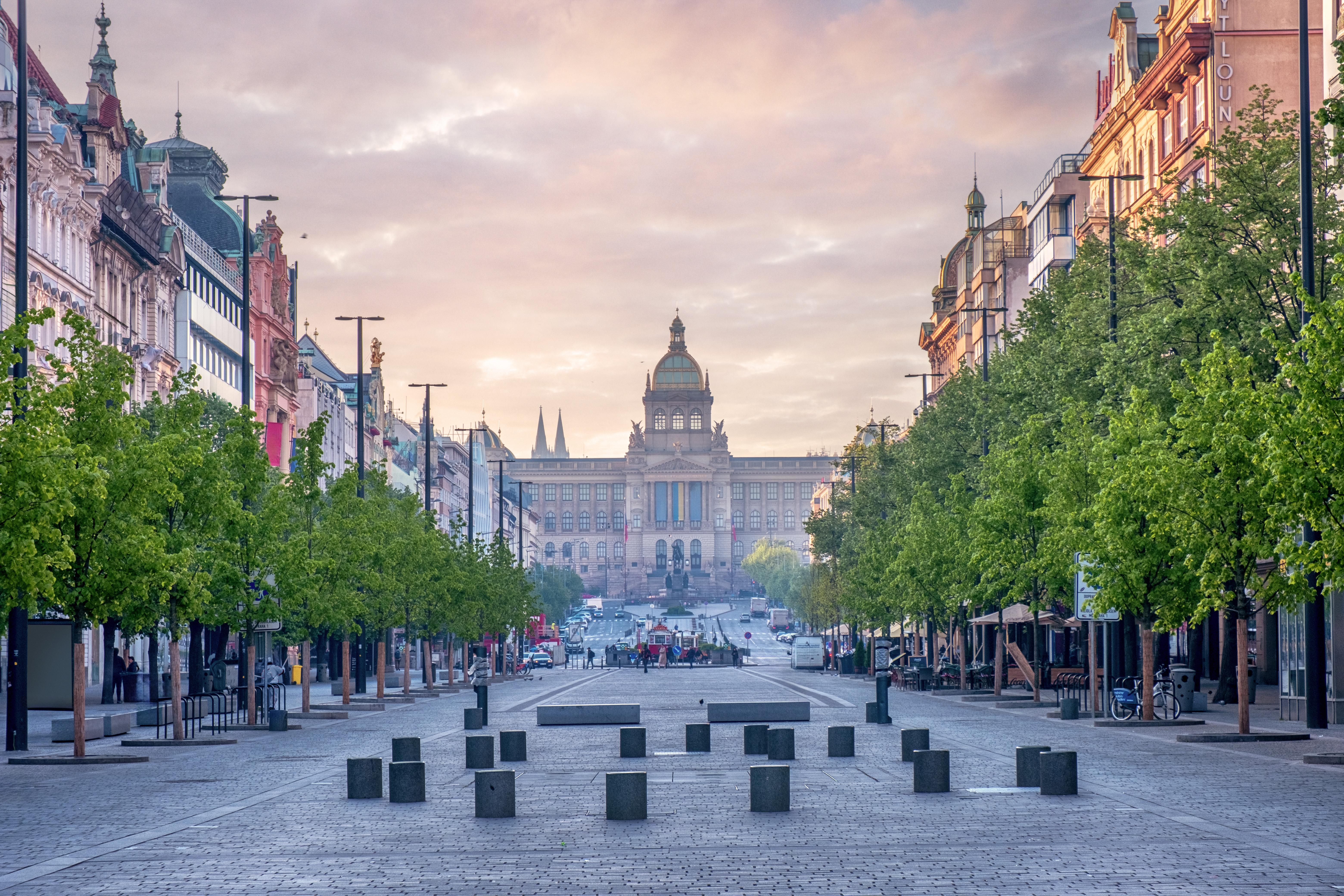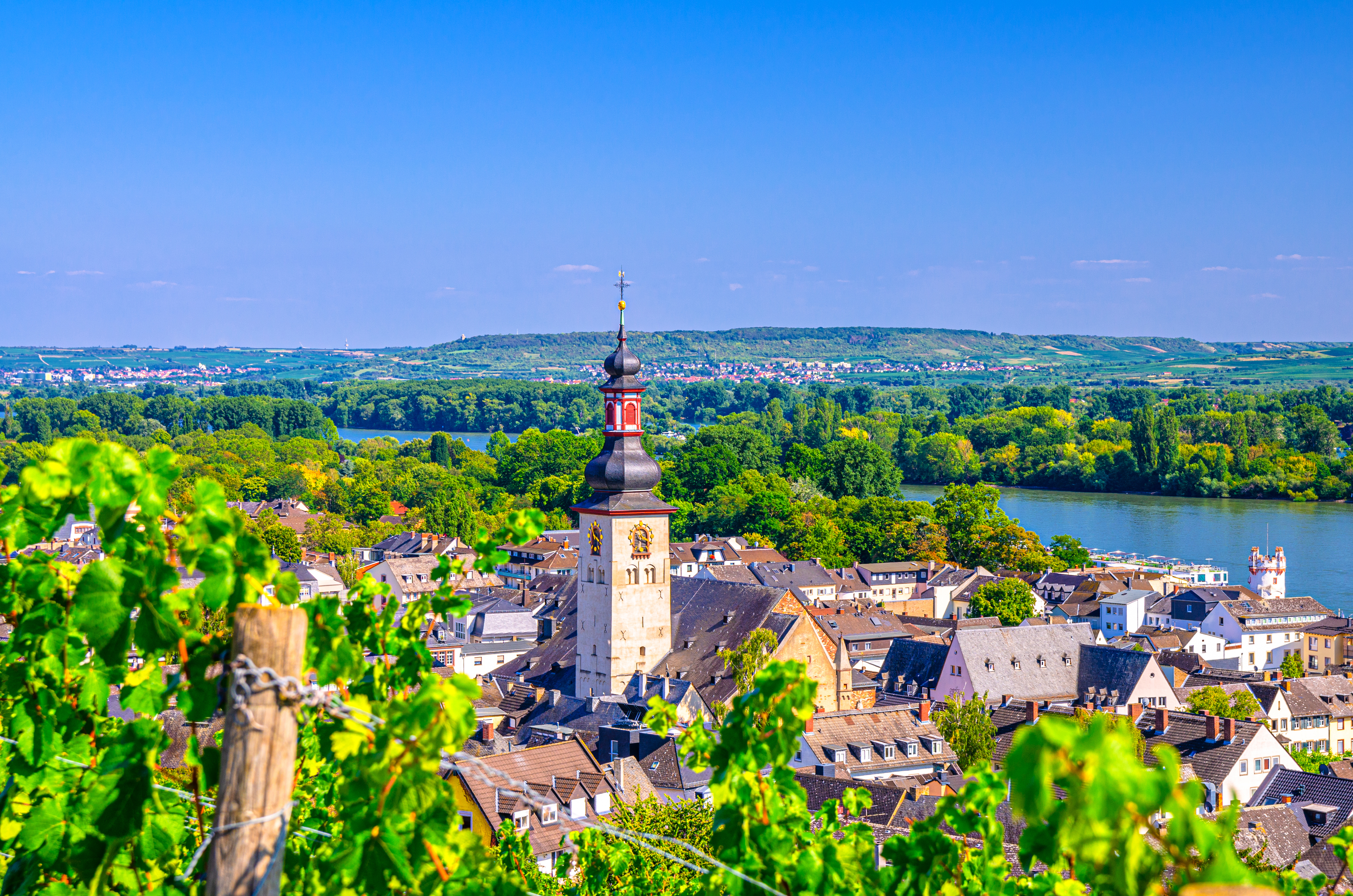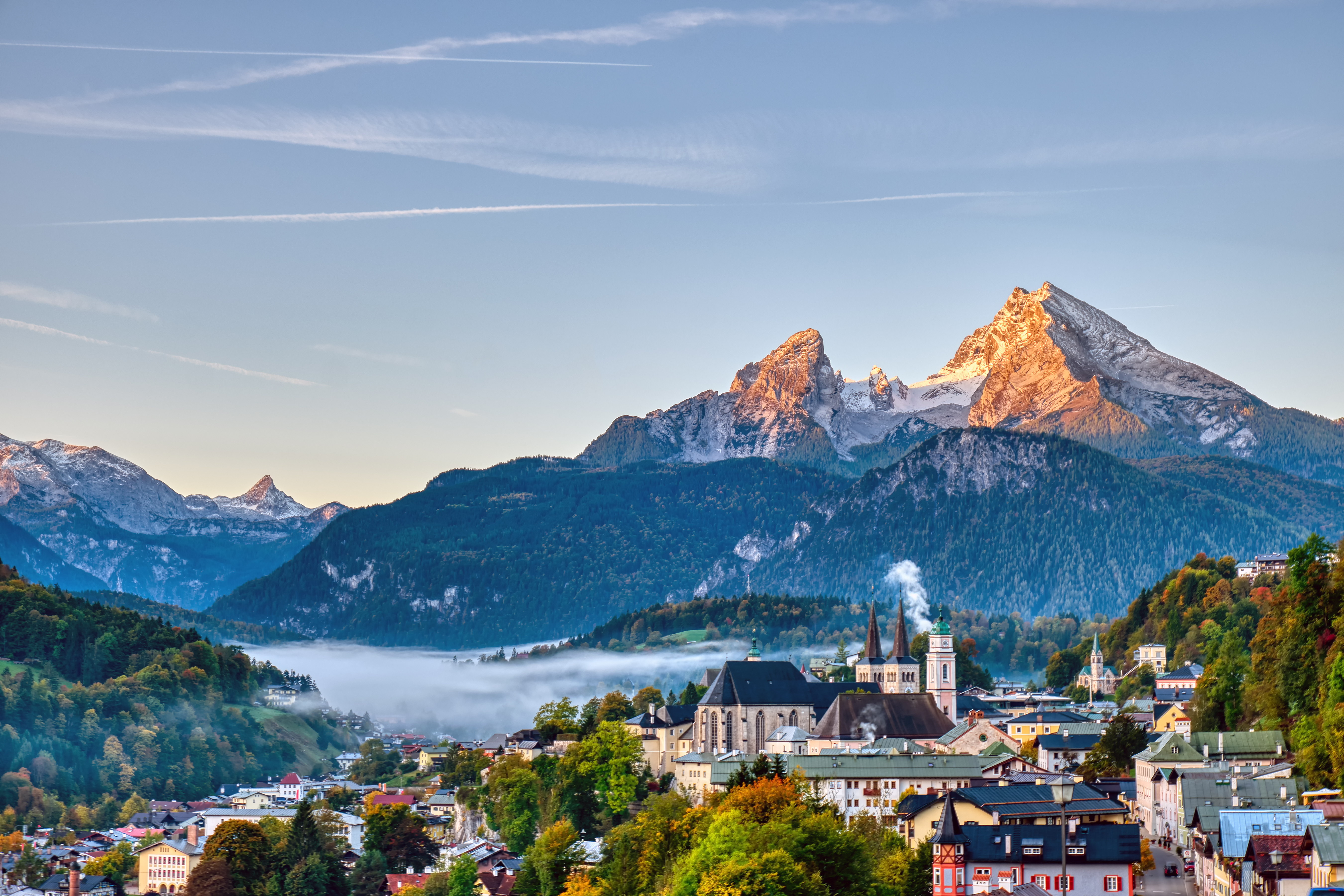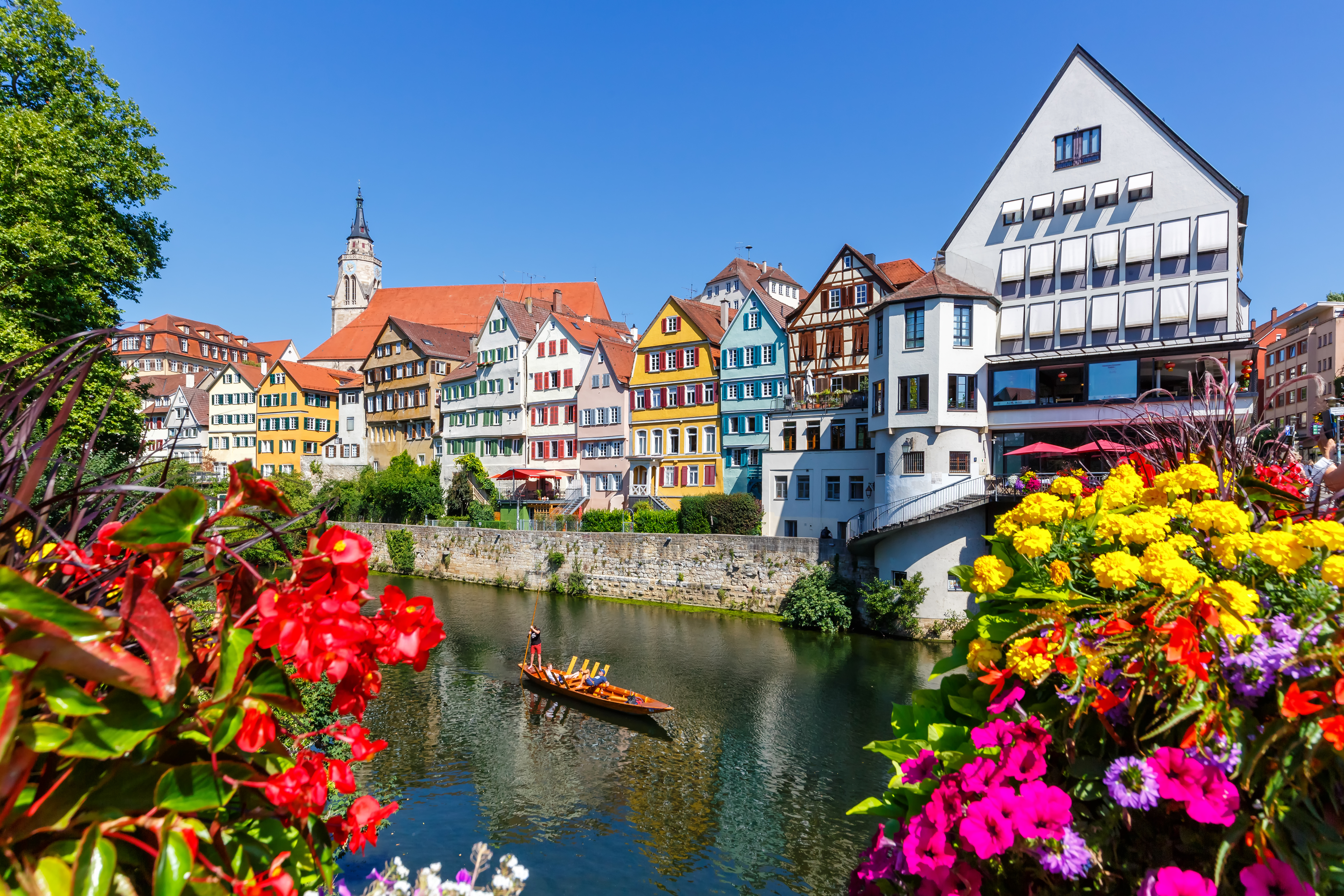From fairy-tale castles to modern cities, Germany offers a rich blend of historical depth and contemporary innovation. Luxury travelers can experience exclusive stays at five-star hotels, private guided tours of landmarks like Neuschwanstein Castle, and VIP access to cultural events. The country also offers sophisticated infrastructure, exclusive spas, and world-class cuisine and wine.
Discover Tailor-Made Germany Vacations
Enjoy stunning castles, vibrant festivals, and beautiful countryside on a trip to historic Germany.
From Berlin’s edgy art scene to Bavaria’s Alpine beauty and charm, Germany is an amalgam of old, new, and cutting-edge, with superlative food, wine, and of course beer thrown in. Ever wanted to cruise down the Rhine, visit a real-life fairy-tale castle, or amble through the Black Forest? Now is the time to craft your perfect European escape in the very heart of the continent.
Featured Highlights
- Exploring Berlin’s Cold War history on a private tour of the former Berlin Wall, Checkpoint Charlie, and more
- Sipping a beer with locals in the famous beer halls of Munich
- Seeing the castle that inspired Walt Disney at Schloss Neuschwanstein in Bavaria
- Hiking to Ravenna Gorge in the beautiful Black Forest, famous for its cuckoo clocks and folklore
- Feasting on bratwurst and learning to make gingerbread on a culinary tour of the country
- Wandering through Dresden’s magical Christmas Market during the holiday season
Featured Germany Trip Ideas
Are you a history buff, culture vulture, foodie, or nature lover (or perhaps a combination of some or all)?Germany can satisfy your every interest, and Goway can work with you to ensure that your German vacation suits you to a tee, with personalized itineraries, small-group tours, private guides and drivers, and exclusive experiences at your disposal.
Read More
Highlights of Germany: Frankfurt, Berlin & Munich
Munich, Berlin, Berlin Wall Memorial, Brandenburg Gate, and FrankfurtClassic Berlin, Prague, Krakow & Warsaw
Warsaw, Kraków, Prague, Berlin, Berlin Wall Memorial, and Brandenburg GateEssential Berlin, Prague & Munich
Munich, Prague, Berlin, Berlin Wall Memorial, and Brandenburg GateA Gourmet Journey Through Bavaria
Munich, Bavaria, and Neuschwanstein CastleA Walk Through History: Remembering World War II
MunichRomantic Germany Road Trip
Frankfurt, Bavaria, Neuschwanstein Castle, and MunichDon't see the
perfect trip idea?
Request a custom quote.
Turn your travel dreams into reality with Goway. Our customized vacations take travellers to all corners of the world.
What do Goway's travellers say?

Get to know Germany before you go.
Best Time To Visit
With mountains in the south, a cool coastal north, and a mild centre, Germany offers a wide range of climates and seasons. Going where and when depends on your preferences and interests.
One of the best times to vacation in Germany is autumn, when fall foliage emerges throughout the country and it’s also the season for local wine and beer festivals. Prices tend to be reasonable during this period, except for Oktoberfest in Munich, which sees large crowds of revellers converge on the city, filling hotels and beer halls.
Winter in Germany can be cold, especially in certain regions, but the country comes alive during the holidays. Christmas markets are in full swing in November and December. Skiers also take to the Alps, where it’s the high season for winter sports enthusiasts.
The most affordable time for a trip to Germany is generally spring (April to May). The summer crowds have not yet descended upon cities, meaning there are fewer lineups at cultural institutions and cheaper prices for accommodation across the majority of the country.
Summer (June to September) is generally the busiest time for tourism. During this season, towns and cities across Germany come alive with numerous festivals and events, drawing crowds from far and wide. Given the lovely weather, parks and hiking trails tend to be used more as well.
Check out our full guide to the best time to visit Germany and let us help you choose the ideal time to book your trip.
What do the experts say?
Globetrotters need to get a picture at Neuschwanstein Castle, the fairytale-like castle in Bavaria. It's a highly recognizable and picturesque location that consistently draws visitors for its stunning architecture and scenic surroundings. I have visited this place several times and it's a knock-out setting for photography!
Germany has several iconic castle hotels offering a unique and luxurious stay experience that can be booked through Goway's local partners. Some popular options include Schloss Hotel Kronberg, Burghotel auf Schönburg, and Schlosshotel Steinburg. These hotels provide a blend of historical charm and modern comforts, often set in picturesque locations like the Rhine Valley or the Bavarian Alps.
Germany has a highly efficient and well-integrated public transportation system that is good for both local and long-distance travel options. This includes buses, trams, subways (U-Bahn), suburban trains (S-Bahn), and high-speed trains (ICE, IC), among others. Public transport is generally reliable, comfortable, and relatively affordable, making it a popular choice for both residents and tourists.
One must-do or must-see local event is the Oktoberfest in Munich, the world's largest beer festival and folk festival, held annually. It's a vibrant celebration of Bavarian culture, featuring beer tents, traditional music, dances, amusement rides, and Bavarian cuisine.
Germany's rich history and internationalism make it unlike anywhere you've ever been in Europe. Its turbulent history brings a wealth of historical attractions, like the Berlin Wall, Brandenburg Gate, Bundestag
Places To Go
Handcrafted journeys to our most popular places to visit in Germany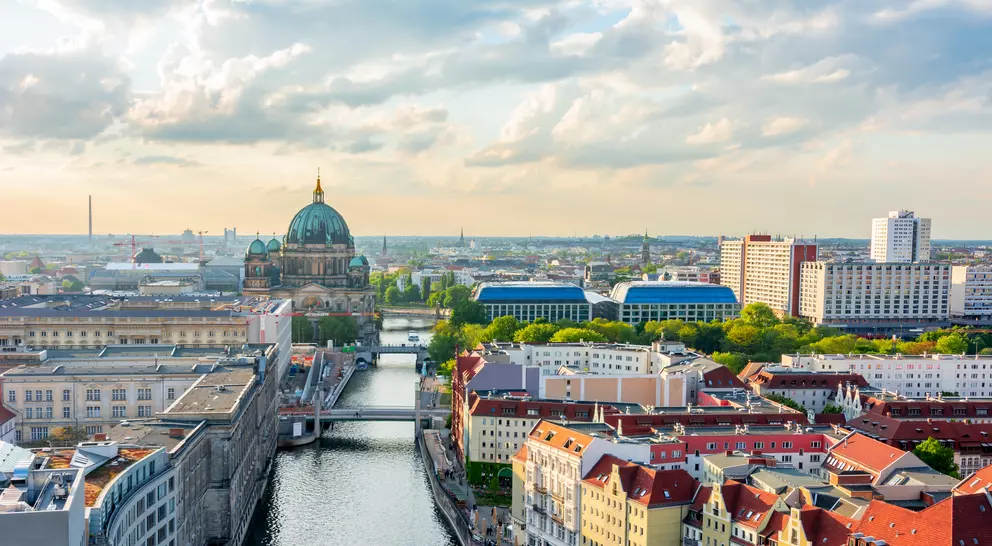
Berlin
Berlin, the capital of Germany, is a vibrant and diverse city known for its internationalism,...
Berlin, the capital of Germany, is a vibrant and diverse city known for its internationalism, lively nightlife, and rich history. Following the fall of the Berlin Wall in 1989, the city has undergone...
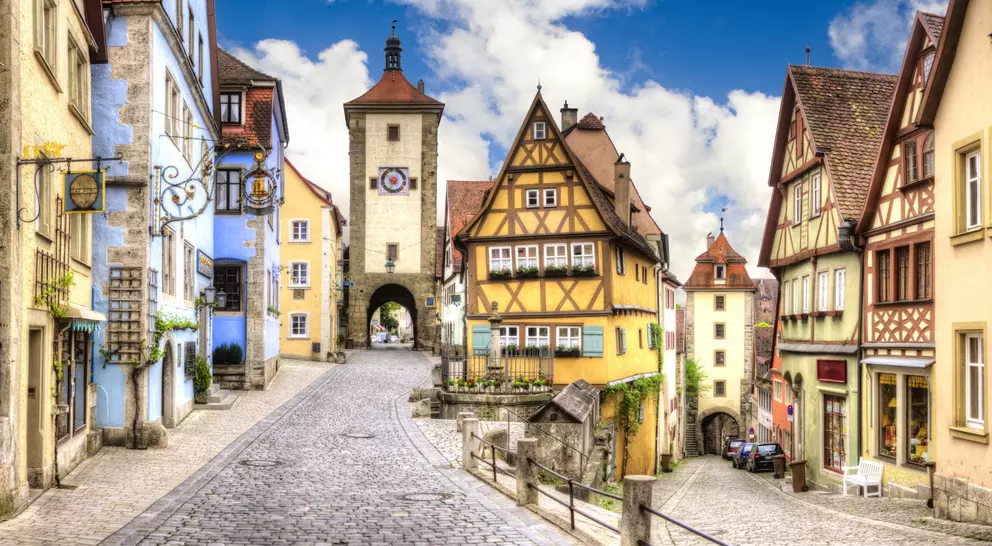
Bavaria
When you travel to Germany, one region which stands out on German vacations is Bavaria, located in...
When you travel to Germany, one region which stands out on German vacations is Bavaria, located in the southeast of Germany. It borders Switzerland, Austria and the Czech Republic and consists of 5...

Black Forest
The Black Forest is a large forested mountain range in southwest Germany. Its name is derived from...
The Black Forest is a large forested mountain range in southwest Germany. Its name is derived from the darkly covered evergreen hills. It is 160 kilometres/100 miles long from north to south and 50...
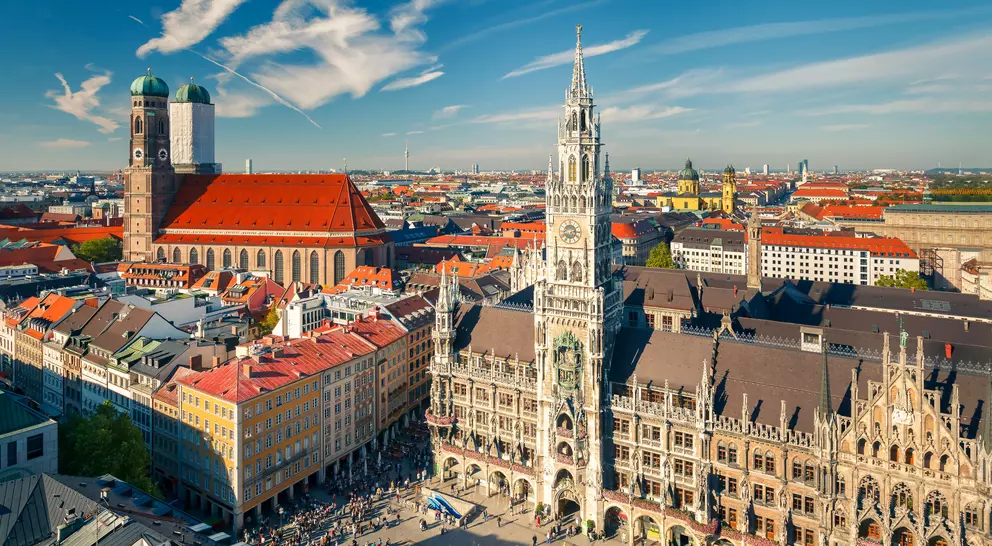
Munich
Munich, the vibrant capital of Bavaria and Germany's third-largest city, is an absolute must-visit...
Munich, the vibrant capital of Bavaria and Germany's third-largest city, is an absolute must-visit destination where you will discover Germany’s rich history and exciting future with a wide range of...
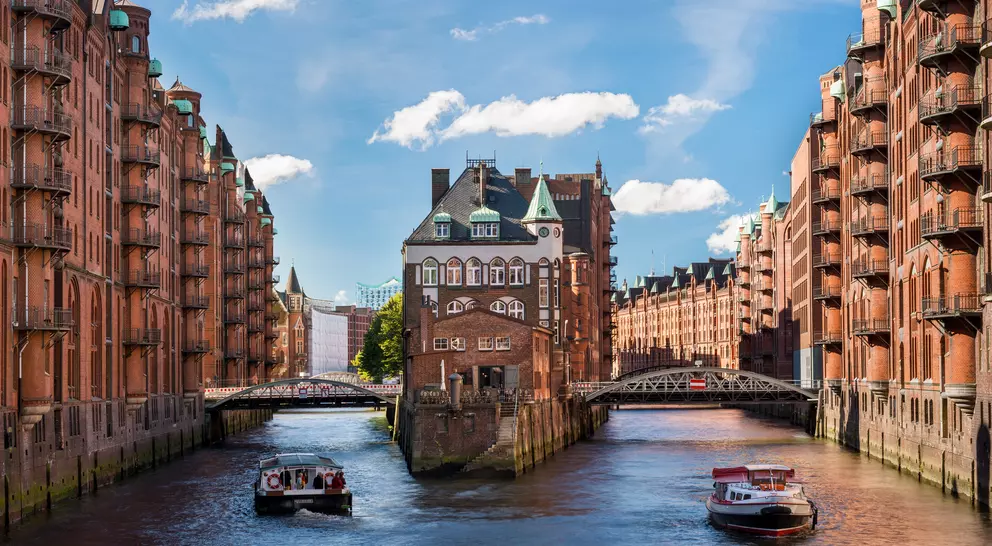
Hamburg
Hamburg is Germany's second-largest city, standing as a captivating metropolis and exuding a unique...
Hamburg is Germany's second-largest city, standing as a captivating metropolis and exuding a unique charm. Its prime location along the Elbe River, which connects the city to the North Sea, has...
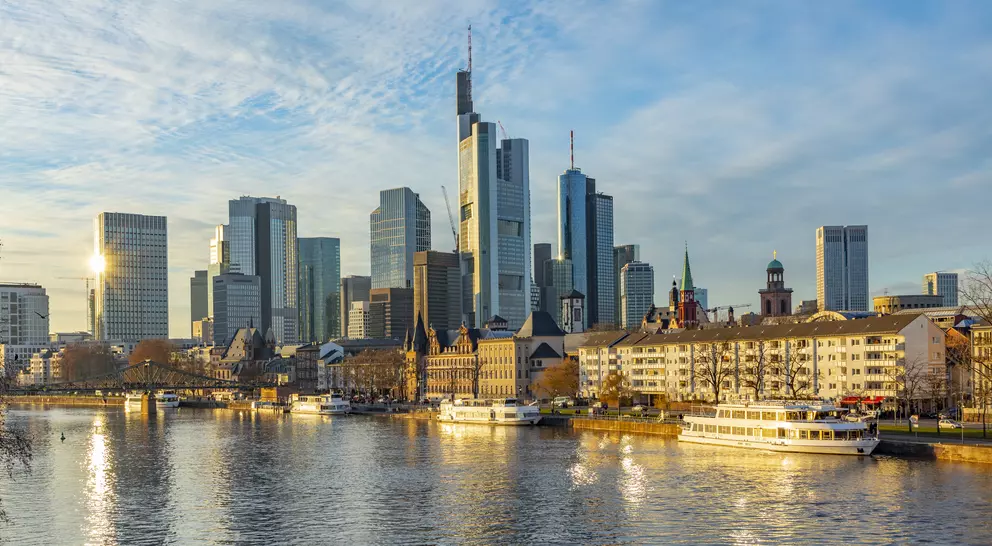
Frankfurt
Frankfurt is the financial and economic hub of Germany, often referred to as the Mainhattan....
Frankfurt is the financial and economic hub of Germany, often referred to as the Mainhattan. Nestled in the heart of the state of Hesse, this vibrant city seamlessly blends tradition and modernity....
Travel Styles
Explore Germany by Travel Type
Ways to Travel
Frequently Asked Questions
What makes Germany a unique destination for luxury travelers?
How does Germany’s geography influence its diverse travel experiences?
Germany is one of Europe’s largest countries, covering a diverse geographical area. Travellers can consequently experience everything from rolling plains, tall mountains, charming beaches, and dense forests, as well as vibrant, cosmopolitan cities in both the north and south.
What are the most iconic cultural landmarks to visit in Germany?
Iconic landmarks include the Reichstag, Brandenburg Gate, and Berlin Wall Memorial in Berlin, the beer gardens, Nymphenburg Palace, and Englischer Garten in Munich, Schloss Neuschwanstein in Bavaria, Cologne Cathedral in Cologne, and the reconstructed Frauenkirche in Dresden.
What are the must-see natural attractions in Germany?
Germany is packed with natural attractions, including the Alps, the Black Forest, the Rhine Valley, and the northern beaches and islands of the Baltic Sea coast.
What is Germany best known for?
Germany is best known for its vibrant cities, its famous beer culture, its steep riverside vineyards, and its innovative, resourceful people. The country is also well known for its natural diversity, from the Baltic Sea to the Alps.
How many days are enough to visit Germany?
A trip to Germany typically requires 10 to 14 days for a balanced exploration of major cities and regions, though a focused trip covering just Bavaria in the south or Berlin and Dresden in the northeast can be done in seven to 10 days.
What is the best way to travel in Germany as a tourist?
The best way to travel in Germany for tourists is often by train, using the comprehensive and reliable Deutsche Bahn (DB) system for long-distance and regional travel. Driving offers excellent road networks and access to remote areas, but is less efficient in cities. Private tour guides and drivers provide the most comfort and flexibility.
Unlock more by subscribing to our newsletter.
With our newsletter, you’ll get access to regular communications that inspire you and help you explore the world your way.
